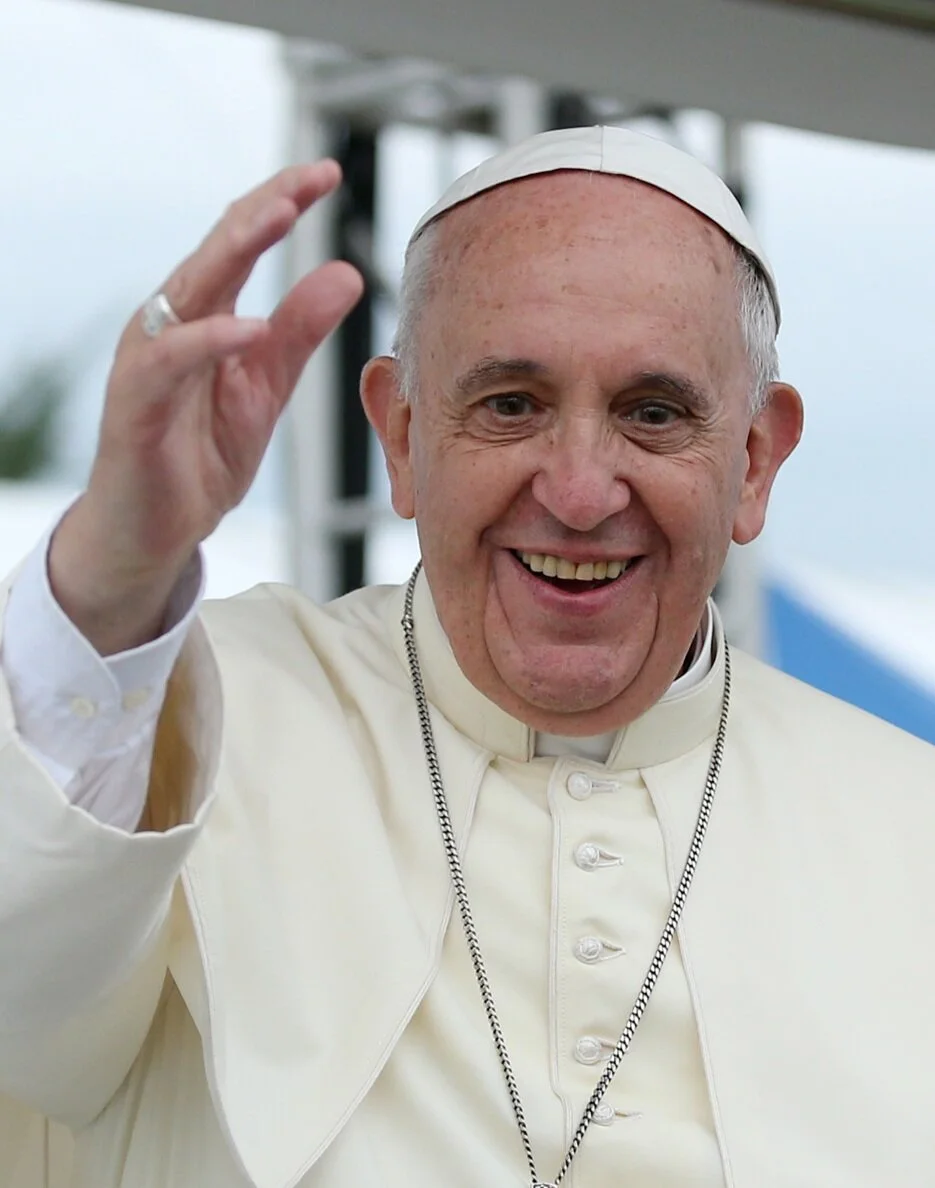February 2021 Newsletter
Forming Families of Character
“You cannot outsource your child’s development in character or in the faith,” says Steve Markel, the founder of Families of Character. Steve, a supernumerary member of Opus Dei who lives in Denver, launched the initiative to help families come together in a thoughtful way around the common mission of character development. The program allows each family member to support the other. The family is, after all, the natural place for a person to grow in virtue.
The seeds for Families of Character were planted some 25 years ago when Steve and his wife Nancy attended a seminar given by Jim Stenson who offered a simple yet profound bit of advice: if you teach your children virtue, they will be good people. This resonated with the Markels who had seen their children succeed in school, but fall away from the faith which they attributed in part to an absence in personal virtue. “We too often prioritize our children’s academic achievement at the expense of their character,” shared Markel.
He and Nancy recognized this and created a program to focus on virtue, which forms the basis for perseverance in the faith. Indeed, Steve says that he borrowed from Catholic wisdom in the formation of a virtue in designing Families of Character.
In 2010 Steve and Nancy began helping other couples in small groups mostly using a single manual as their main resource. Over time their efforts grew into a fully developed model for forming character through the family. Steve will be launching an entirely renovated program this March with games for the entire family which follows a protagonist using a virtue. The games show practical applications of the character strength and give parents examples of how to apply them in daily life. Steve commented that the first character trait everyone learns is order. After order is in place, other character strengths are introduced.
Steve created this program out of a desire of what he wished he had while parenting: a comprehensive source of basic character strengths to be able to pass on. “Character unites us all across the board,” observes Steve. “Character speaks to both genders and all types of even ethnic backgrounds. Moreover, character is the foundation of our faith.”
Book Review: Washington: A Life by Ron Chernow
With the images and sounds of the recent presidential inauguration still fresh in our memories, and as a new president settles into his office, we might recall a moment just a few months before the end of George Washington’s life in 1799. By then, Washington had led the Continental Army through a War of Independence, presided over the formulation of a new Constitution, witnessed the birth of a democratic nation, and served two terms as its first president, working out the practical functioning of the office as well as establishing customs that would guide the exercise of the presidency for generations afterwards. In June of that year, Jonathan Trumbull Jr., who had served as Washington’s military advisor during the Revolution, wrote to urge him to run for a third term as president. Among the many reasons that Washington had against such an idea was his assessment of the tense political climate in the nation: “The line between Parties,” Washington wrote Trumbull, had become “so clearly drawn” that politicians would “regard neither truth nor decency; attacking every character, without respect to persons – Public or Private, – who happen to differ from themselves in Politics.” Aside from that, Washington was convinced that if he were to run for president again as a Federalist, he would “not draw a single vote from the Anti-federal side.” Thus, although ready to “render any essential service to my Country,” Washington concluded that running for a third term would be a mistake: “Prudence on my part,” he told Trumbull, “must arrest any attempt of the well meant, but mistaken views of my friends, to introduce me again into the Chair of Government.”
This is just one of many stories in Chernow’s Pulitzer Prize winning biography, Washington: A Life (2011) that furthers his stated goal of creating “a fresh portrait of Washington that will make him real, credible, and charismatic in the same way that he was perceived by his contemporaries.” Does he succeed in this goal? That is for the reader to judge, but if we consider what Gordon S. Wood, recipient of the 1993 Pulitzer Prize for History, says when he writes that this book is “[t]he best, most comprehensive, and most balanced single-volume biography of Washington ever written”, then we might perhaps have in our hands a work that promises us an intimate and privileged access to the first and one of the greatest presidents of our nation.
Pope Francis gives Catechesis on Prayer for Christian Unity
Every year, the Church celebrates the feast of the Conversion of St. Paul on January 25. For over 100 years, the Church has designated the week previous to the feast (January 18 – January 25) day as a week of prayer for Christian unity: for the unity of all Christians under one shepherd. It is an opportunity to be united to Christ’s prayer to God the Father during the Last Supper: “so that they may be we one, as we are one” (Jn 17:21).
In his Wednesday audience on January 20, 2021, Pope Francis reflected on the prayer for Christian unity. He challenged us to examine ourselves on whether we pray for this intention that Jesus himself prayed so intensely for: “[Unity] is Jesus’ will but, if we inspect the intentions for which we pray, we will probably realize that we have prayed little, perhaps never, for Christian unity.” Unity is a grace from God that we ought to ask for, since it “can be achieved only as a fruit of prayer.”
The Pope explains that to pray for unity is to fight against the devil who is always trying to sow division. “In general, the devil does not tempt us with high theology, but with the weaknesses of our brothers and sisters. He is astute: he magnifies others’ mistakes and defects, sows discord, provokes criticism and creates factions. God has another way: He takes us as we are, he loves us so much, but he loves us as we are and takes us as we are.” One way that the devil sows division is through gossip.
Though the feast of the Conversion of St. Paul has past, it could be worthwhile to read the Holy Father’s brief catechesis and concretize how we can pray every day for the Unity of all Christians in one Church.
Men’s Recollection at St. Mary of the Angels
For the foreseeable future, there will only be one Evening of Recollection in English at Midtown. It will be held on the second Monday of each month from 7:00-9:00pm. The next Evening of Recollection is on February 8 at St. Mary of the Angels Parish (1850 North Hermitage Avenue). We meet in the main Church, which allows ample room for social distancing. Please bring and wear a face mask.
Support Midtown Cultural Center
Please support the work of Midtown Cultural Center by making a tax-deductible donation online at our secure site. Thank you for your generosity!
“Your work must become a conversation with Our Father in heaven.”
— St. Josemaría Escrivá


